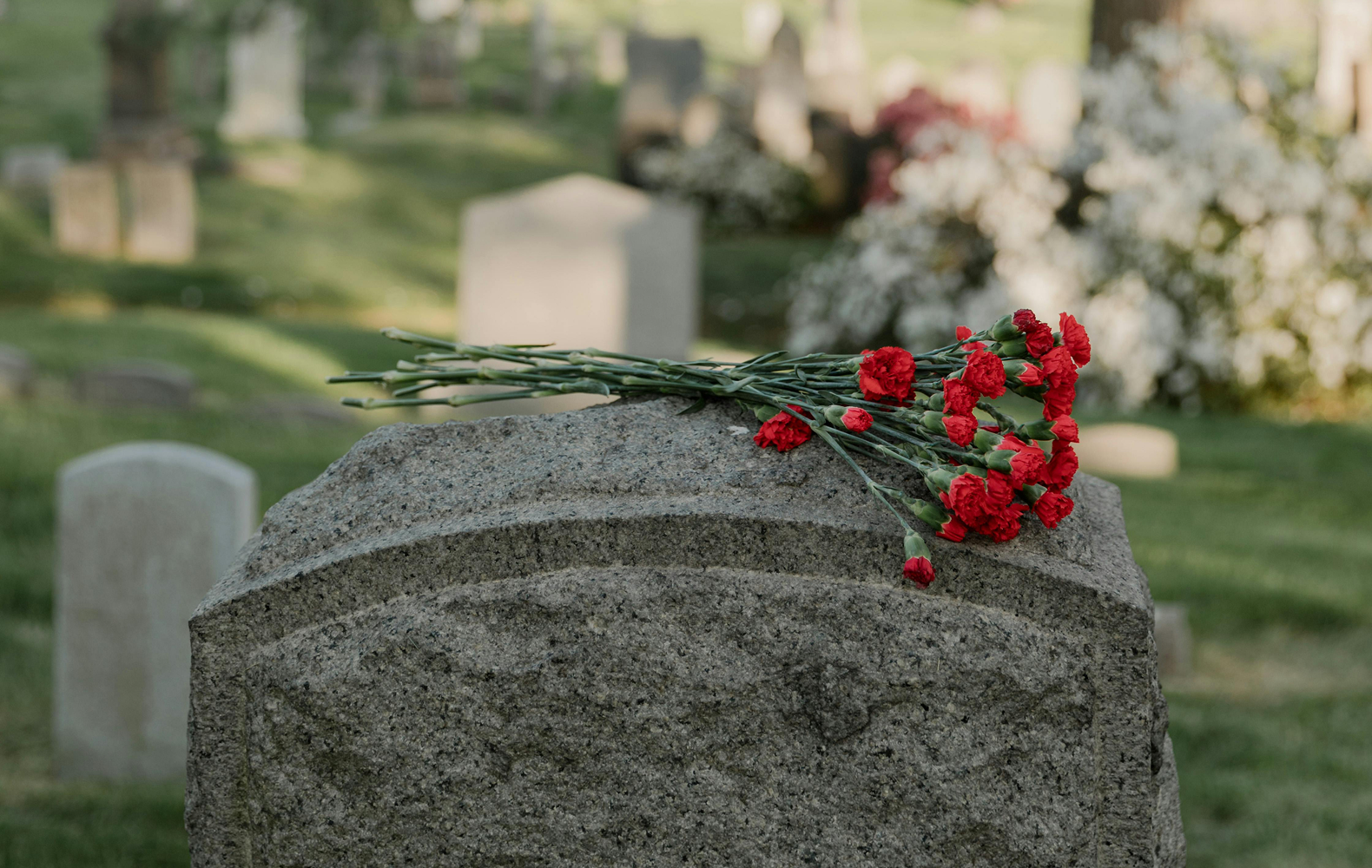
The wake is a deeply rooted tradition in Irish culture, playing a significant role in the mourning process. It serves as a time for family and friends to come together, honour the deceased, and provide mutual support. Here’s a closer look at the role of the wake in Irish culture.
Historical Significance
Historically, the wake has been an integral part of Irish funeral customs. It dates back to ancient times when communities would gather to watch over the body of the deceased, ensuring their safe passage to the afterlife. This practice was believed to protect the soul from evil spirits and to offer a final farewell.
Community and Support
One of the primary roles of the wake is to bring the community together in support of the bereaved family. In Ireland, the sense of community is strong, and the wake provides an opportunity for people to express their condolences and share in the grief. It’s a time for storytelling, reminiscing, and celebrating the life of the deceased. This communal support is crucial in helping the bereaved cope with their loss.
Rituals and Traditions
The wake is often held at the home of the deceased or a close family member. Traditional practices include opening windows to allow the spirit to leave, stopping clocks at the time of death, covering mirrors, and never leaving the body of the deceased alone.
Emotional Healing
For many, the wake is an essential part of the emotional healing process. It allows mourners to confront their grief in a supportive environment. Sharing memories and stories about the deceased can be therapeutic, helping to process the loss and begin the journey towards acceptance.
Modern Adaptations
While traditional wakes are still common, modern adaptations have emerged. Some families may choose to hold the wake at a funeral home or community centre. Regardless of the location, the essence of the wake remains the same: a time for gathering, remembering, and supporting one another.
The wake is a vital aspect of Irish culture, providing a space for communal mourning and emotional healing. It honours the deceased through shared memories and rituals, reinforcing the bonds of community and family.
